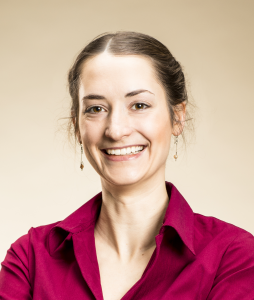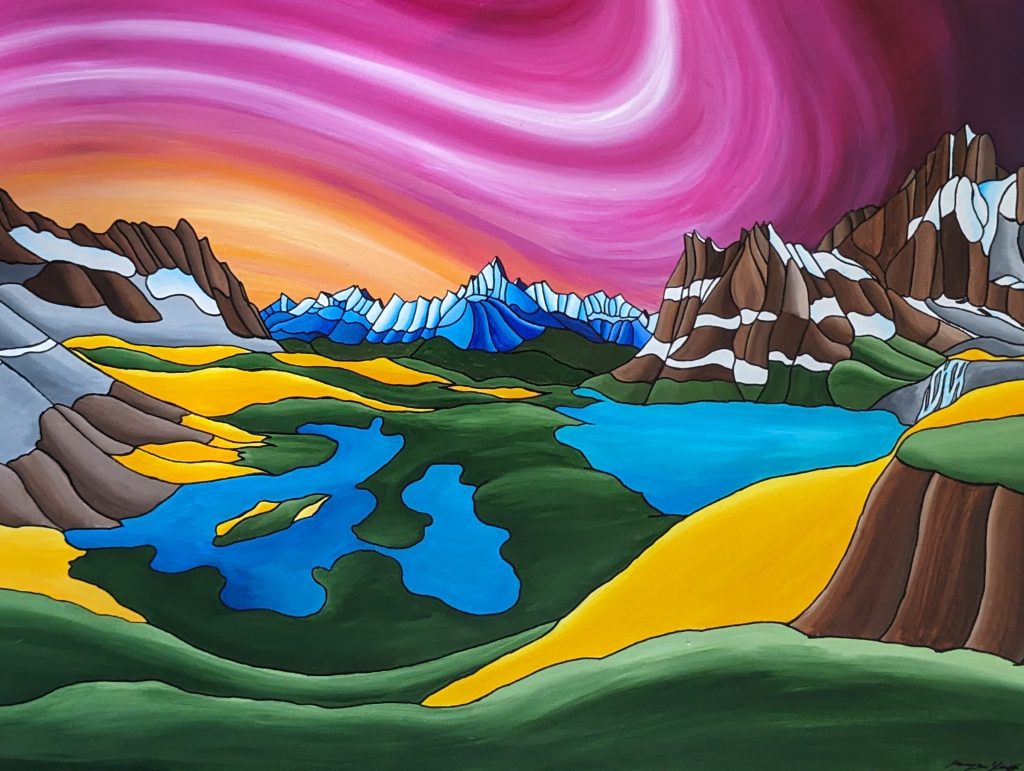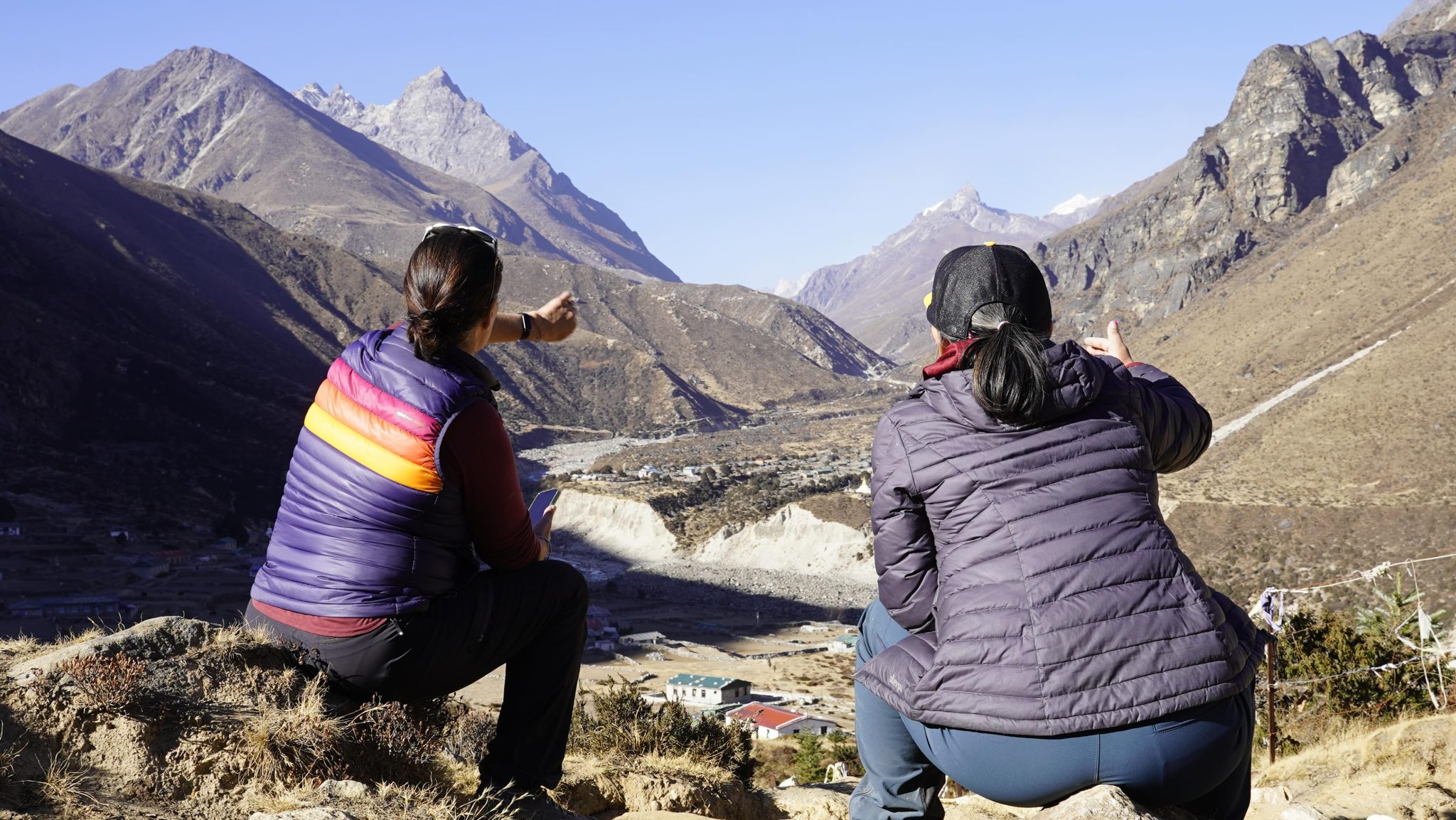

“Changes in water and energy over the land surface are created by all sort of events like land use, agriculture, deforestation, fire and climate change itself which is altering the way the land behaves and that is altering the amount of energy going into the atmosphere in different places. That has impacts on atmospheric circulation; if you can impact the atmospheric circulation, that means you can potentially impact the climate in places both locally and really far away,” explains Laguë.
The second branch of her research explores how the distribution of continents over the surface of the planet impacts the global climate. Borrowing physics tools from scientists studying exoplanets and planetary habitability, Dr. Laguë creates idealized experimental models using “virtual planets” to better understand how land placement fundamentally affects climate. Our modern earth climate is very complex and these simplified models help to decode that complexity.
“Using these very hypothetical, simplified experiments of our modern Earth, we gain new physical understanding of things that are hard to understand in the complex, real Earth system,” Laguë says.
Her discoveries can be used to improve future real-world models and potentially inform actions to mitigate climate change.
With research grounded in the coupled Earth system, Dr. Laguë’s work explores how air, plants, rocks and water impact each other in different ways and on different timescales. The more climate scientists learn about this system, the more we realize the necessity of collaboration between disciplines to gain a holistic picture of our changing climate and the challenges it presents.
“I am delighted to be joining the UBC Geography Department. My research is fundamentally interdisciplinary, and I look forward to building collaborations within the department, across UBC, and beyond with those interested in plants, water, energy, and climate. I was born and raised in British Columbia and am incredibly excited to be returning to my home province.”


Outside of her academic work, Marysa likes to paint acrylic mountain landscapes inspired by the beautiful BC mountains she grew up with. The above image is one of her works titledLake O’Hara (2023), in Yoho National Park, British Columbia, Canada.
We are thrilled to have Dr. Laguë join our community of passionate climate scientists and leading-edge geographers. The department looks forward to many fruitful collaborations with her and can’t wait to see how her research program unfolds.


